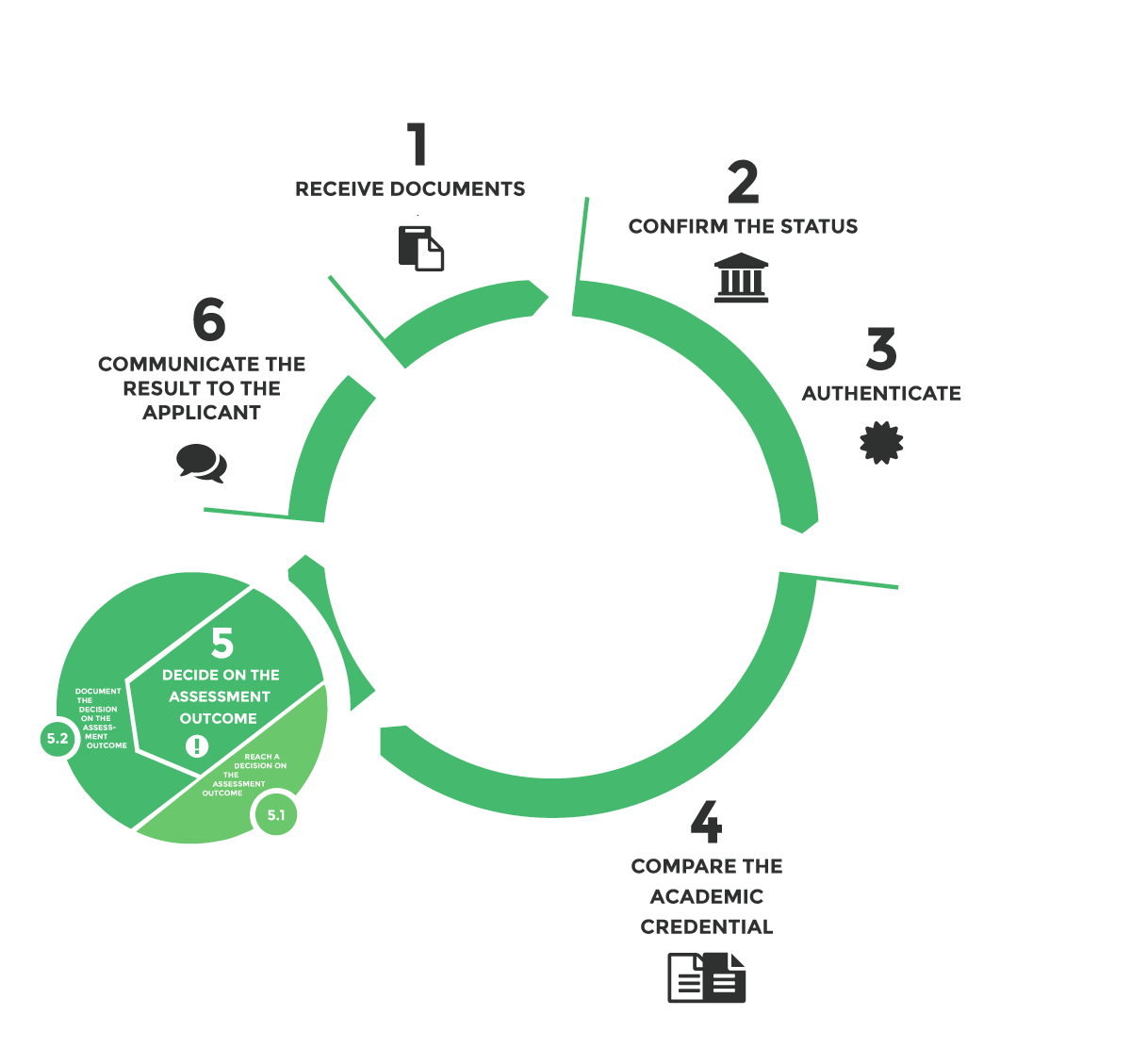- Home
- Query Verification
- Assessment Storage
- Institutional Storage
-
Study in Canada
List of Canadian Institutions/Schools
Study in Canada
-
Study in USA
List of American institutions/schools
Study in USA
- About WSE
- Report Center
 English
English Français
Français 日本語
日本語 中文
中文 한국어
한국어 Русский
Русский











